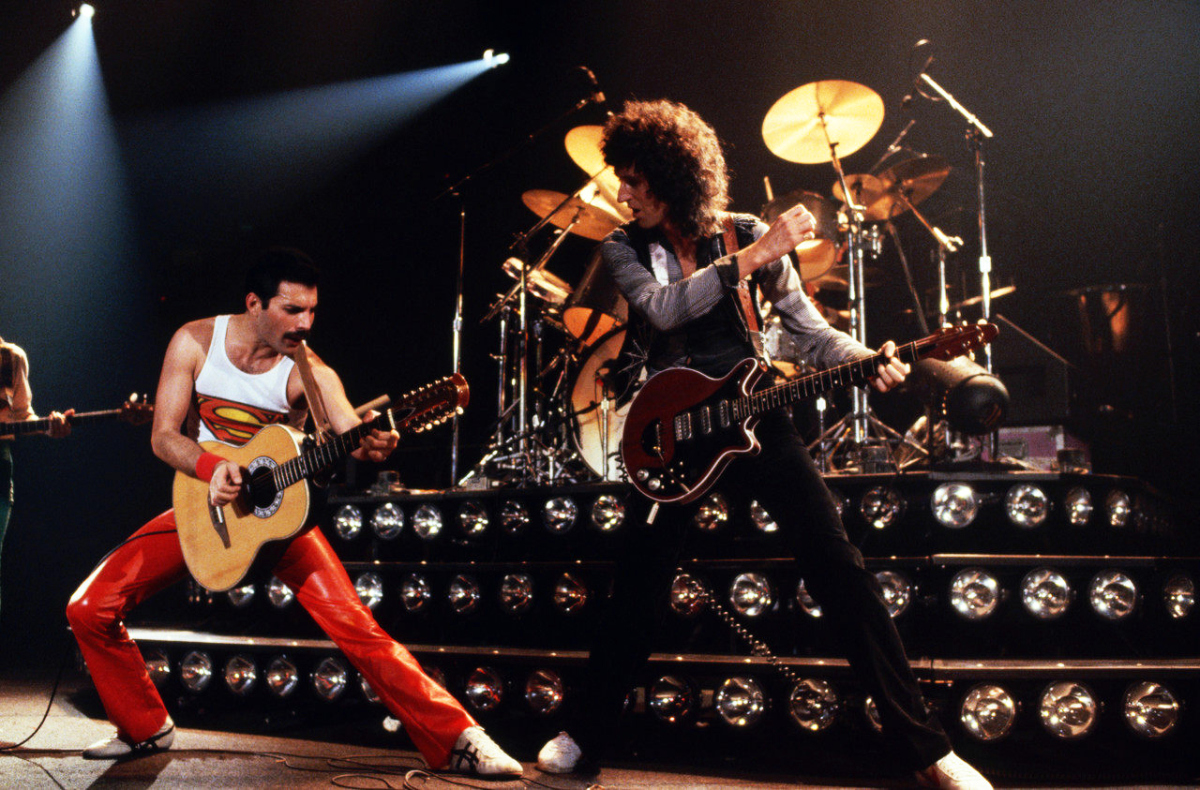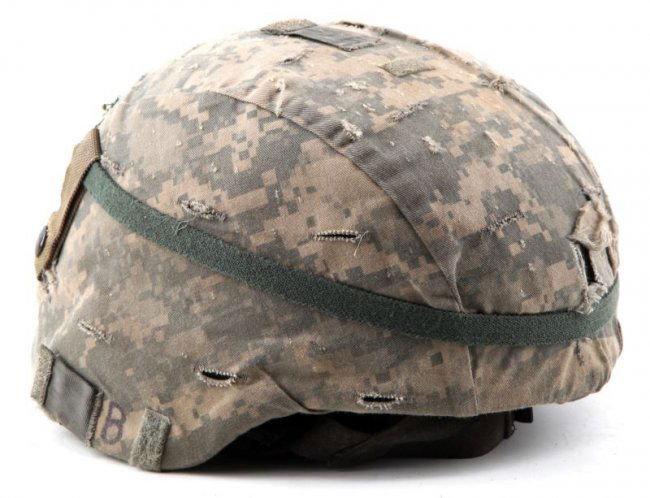But when I returned to the Army in 2007, I joined an Army that was loved by the public and covered by reporters who reported good news at a rate I found incredible as a Vietnam-era soldier.
And yet just as during the Vietnam era, every soldier I spoke to at any length about the media, hated the media. In fact, once I picked up a camera in Iraq and started writing a newsletter within our own brigade, half the soldiers in the unit regarded me as part of the media. Everything I wrote for that newsletter was reviewed by battalion or brigade headquarters. But I was the media.
In 2013 in one of the many ironies of my career, I actually went to the Defense Information School (DINFOS) at Fort Meade, Maryland. For three months I learned how to take pictures and write to military standards. Since I worked in public affairs as a civilian for nearly 30 years, a lot we were taught was not new to me. My biggest surprise at school was my classmates and teachers. Most of them liked the media no better than pilots, door gunners, grunts and mechanics. One major I worked with regularly was as suspicious of the media as anyone I ever met. Some of my DINFOS classmates were openly hostile to the media.
Many civilians in public affairs, particularly those in media relations, are like me. They wanted to be reporters, but decided the pay and future were so bad that they went into public affairs. Also, one important thing I lacked that is necessary for a good reporter is an internal Bullshit detector. My default setting is optimism. My Army stories in the 70s and in Iraq were all about soldiers doing their job. I could not investigate anyone. So serious journalism was never possible for me. After college, I found a job that kept me in contact with serious journalists.
In civilian life, there is no question who is a reporter and who is in public affairs. Nobody confuses the White House spokesperson with a White House reporter. But in the Army, most soldiers of every rank from private to general think their own public affairs people are reporters. Some of the military public affairs people I have known get into that career because the path they actually wanted was blocked. Some are simply assigned to do something they really don't want to do. Both in Germany in the late 70s and since returning to Army Public Affairs in Iraq, I have met very few soldiers who know the difference between Army Public Affairs and reporters, and very few soldiers in public affairs who actually like the media.






